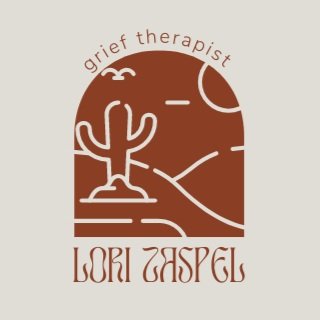Grief anniversaries
Psychological literature calls it ‘the anniversary reaction’ and defines it as an individual's response to unresolved grief resulting from significant losses. The anniversary reaction can involve several days or even weeks of anxiety, anger, nightmares, flashbacks, depression, or fear.
Most grievers I have worked with or spoken to experience some kind of reaction to the dates they associate with their grief. This is not limited to the date of death or an incident, but may also include the person’s birthday, another special holiday, the date of memorial — or something else entirely. All that matters is the significance that you, the griever, assigns. Many times this comes up in a subtle way that we might not even notice. It can arise as general malaise, moodiness, increased irritability, or sleep disturbances. Once we recognize what is going on, sometimes the naming is what matters most. “Oh, this is my grief. Ok, I know what to do with this now.” But sometimes, we’re lost as to what to do… how to recognize or mark the passage of time is complicated, can be confusing, and is as unique as your grief.
I encourage grievers to try to be flexible above all. If you want to make a plan, great. But consider what your plan B and C might be if something doesn’t work out, or you feel differently than expected. There is no ‘wrong’ way to spend an anniversary, up to and including pretending it doesn’t exist at all.
Some other ideas to consider:
Visiting their graveside (if they have one) or another important place
Journaling about your relationship, your memories, and your grief
Write them a letter with everything you’d like to say
Create or revisit a memory box or altar; cleaning and reorganizing these spaces can be deeply meaningful
Do something they loved to do, like cook a special recipe, go for a hike, play a sport or game, visit a beloved restaurant or bar
Spend time with family or friends — or bookmark time alone
Remember that anger, anxiety, and other uncomfortable feelings can be part of grief, too
Volunteer with an organization that was important or relevant to your person — an animal rescue for an animal lover, a street clean-up in their neighborhood, or an organization associated with their illness like the Alzheimer’s Association, etc.
Consider booking the time off of work and other responsibilities
Locate a grief ritual in your community
Sometimes having a plan can create space for feeling — sometimes it fills us with dread and overwhelm. Use those internal emotions to help direct you, and trust that listening to them will not steer you wrong. Our relationship to anniversaries can change over time, so while tradition is beautiful and meaningful, don’t feel pressured to develop The Tradition immediately. It will emerge over time. Likewise, if a tradition is no longer feeling ‘right,’ it may be time for evolution or reinvention. If you’re having trouble knowing where to start, pull in a trusted friend, a therapist, or a death doula. Start small.
How have you spent your grief anniversaries? Are you pleased with how they have gone thus far, or do they need reinvention?
What scares you about anniversaries? Is there anything that you like about them?
Who has been most supportive to you on grief anniversaries? Have you received sufficient support, or would it feel nice to recruit a few more allies?
More reading:
Anniversary Reactions are Deeply Personal
Anniversary Effect: What it is and how to cope


